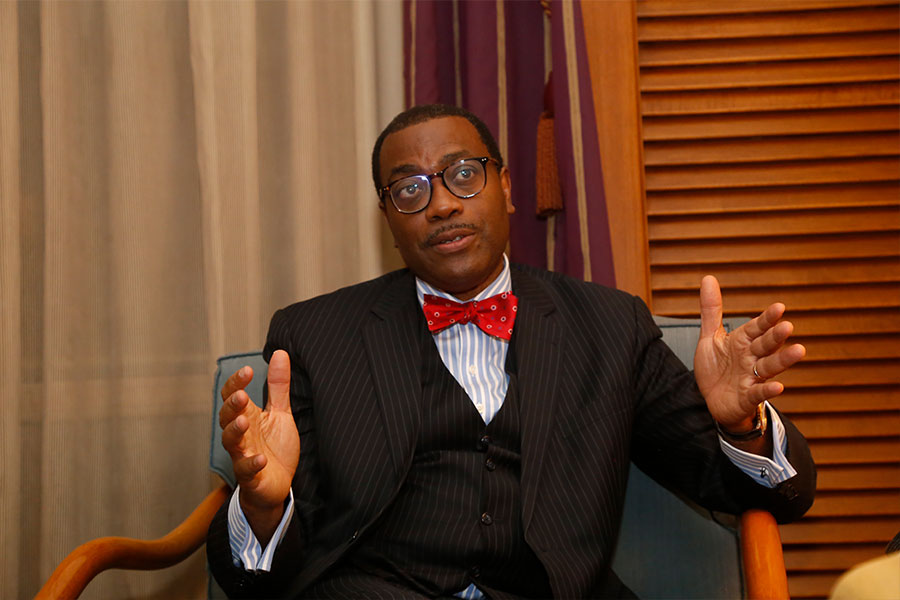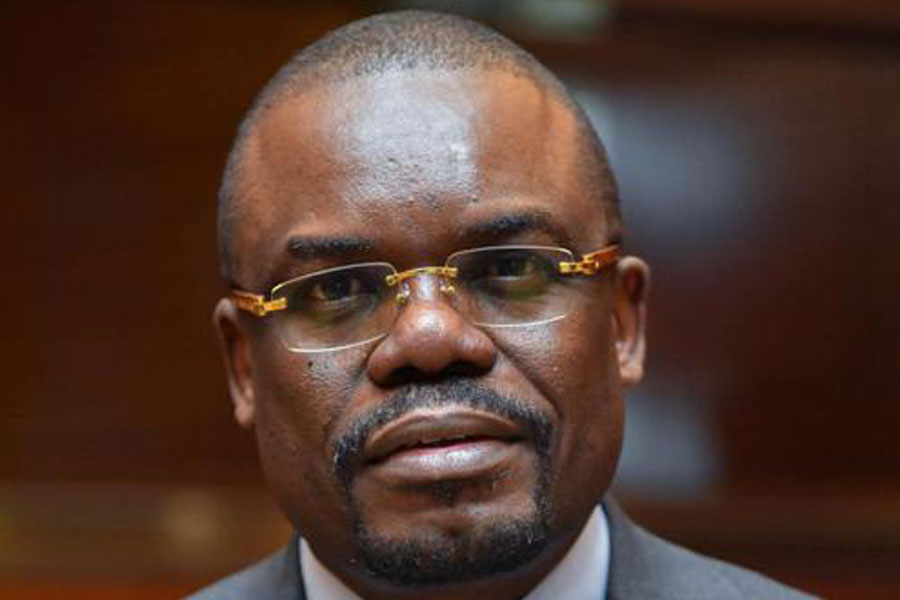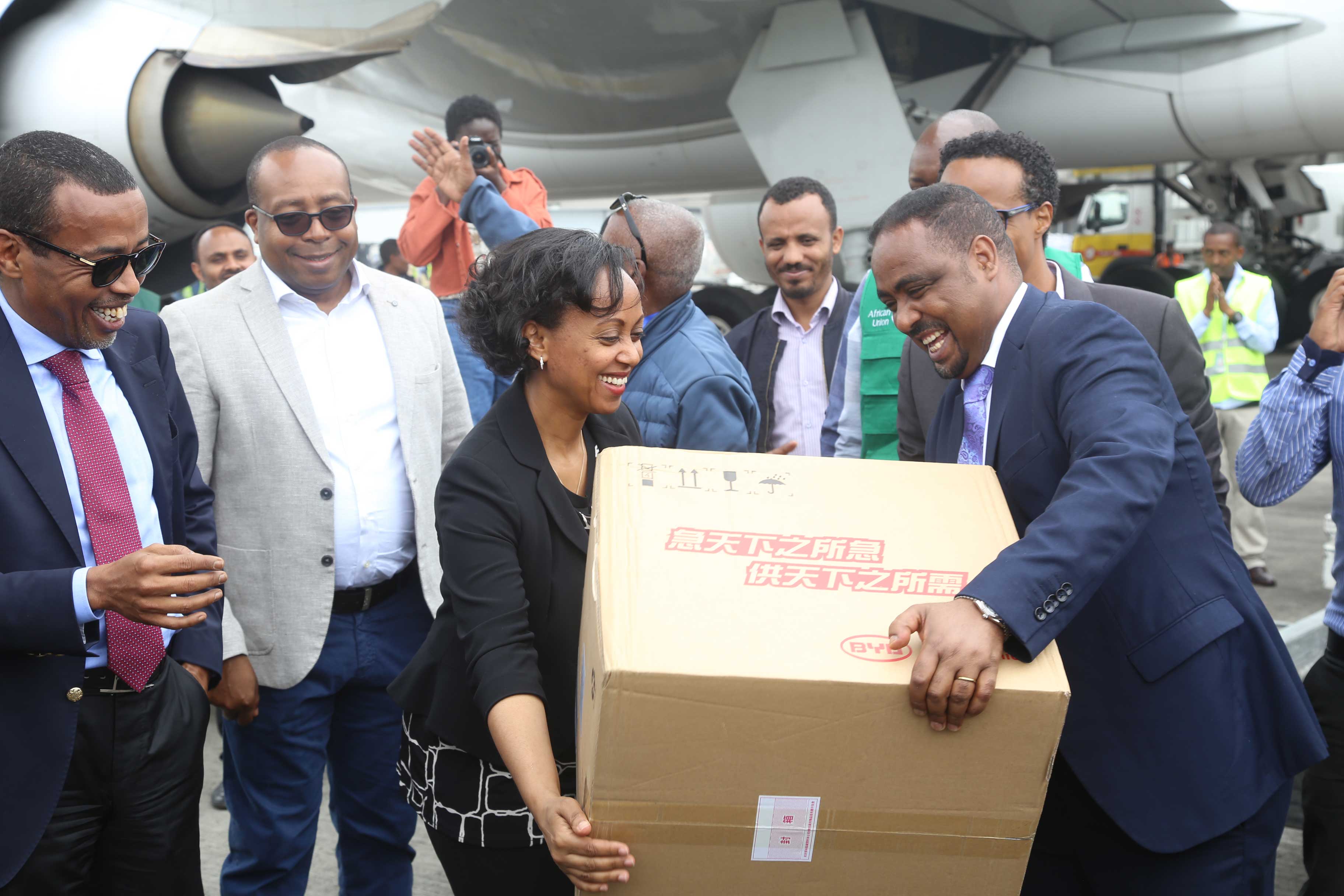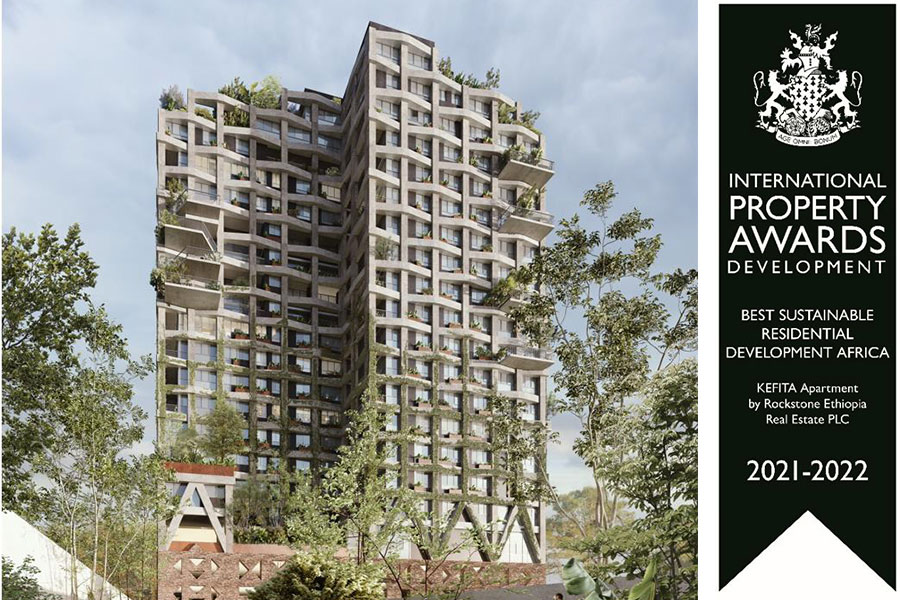
Radar | Feb 04,2023
Feb 6 , 2021.
The feeling of helplessness; the confusion to understand what is unfolding; and the dilemma to act was evident in Paul Kagame's face, once a stalwart of African Union (AU) reform and Rwanda's president. He sees the increasing toll in human casualties in Tigray and finds it "absolutely worrying." Speaking at an interview, Kagame notes the region is cut off from the rest of the world and wants to see the United States and the United Nations engage Africa to find a resolution to the crisis in Tigray.
Africa seems neither interested nor capable of having such an engagement. The last time it did, the effort was lacklustre at best.
There was rarely a moment more optimistic after the armed conflict broke out in Ethiopia’s northern region last November than when the AU sent former statespersons to mediate between the two sides. They were big names of the continent, with all the authority and respect their positions command. Ellen Johnson Sirleaf, Kgalema Motlanthe and Joachim Chissano, all former heads of state, flew to Addis Abeba after being named envoys by the AU Chairperson, Cyril Ramaphosa, president of South Africa.
It seemed that too much had transpired by that moment - the federal government was at a stage of what it called the “final phase,” with the army approaching Meqelle, capital of Tigray Regional State. Earlier in the military conflict, a call by Moussa Faki Mahamat, Commissioner of the African Union Commission, for a cessation of hostilities between forces of Tigray Regional State and those lined up under the federal government was rebuked by Prime Minister Abiy Ahmed (PhD).
Although courteous, the Prime Minister was no less defiant when he met the eminent persons of Africa. He expressed “his profound gratitude” for their concern and their “well-meaning” gestures. But a dialogue was out of the question, as far as the government was concerned, as it would “nurture a culture of impunity” to allow such latitude to an entity it accuses of provocation. The envoys were not allowed to pay a visit to Tigray. Neither was the AU able to display political courage, diplomatic acumen or determination to stop the war that has forced over 60,000 to flee to Sudan, 2.4 million people to get displaced internally, over four million people into dangerous levels of hunger and an unaccounted number to death.
It is nothing but a paradox. A continental organisation that declared its commitment to see the year 2020 as one where "guns are silenced" was witness to hell breaking loose in its host country. The rhythm of death from AK-47s to artillery shells, from tanks to Migs and drones, Moussa Mahamat and his ilk were witnesses in a place not too distant from where they reside. History will judge them for their lack of conviction to speak and for choosing to remain silent.
Whatever the justifications for the federal government’s military operation in the region, the AU's role should have been to drive the merits of dialogue to address the root of the conflict. It would have been remembered as such had the African Union not sent mixed messages that appeared to have taken sides. Before the envoys left in November, they met with and were briefed by the provisional administration. This was largely seen as a legitimising role taken by the AU.
Matters did not get better from here on. Following the annual summit of heads of state and government of the Intergovernmental Authority on Development (IGAD), Moussa Mahamat did not mince words endorsing the federal government's actions in the Tigray region.
“The federal [government] took bold steps to preserve the unity, stability and respect for the constitutional order of the country, which is legitimate for all states,” he said.
He did add that the humanitarian crisis needs addressing. But it was also a statement that fanned away considerations for negotiations and mediation and appeared to legitimise the federal government's continued military engagements with forces in the region. It was partly understandable; he is desperate to get reelected for his second term in office and cannot afford to fan the leaders' wrath where he is seated.
For an organisation based in Addis Abeba, and whose founding owes much to Ethiopia, the AU’s response is not just shallow but seemingly partisan, an indictment to how removed it has become from its founding principles.
Ironically, the organisation does have a well-funded centre established for conflict prevention. It is tasked to help decision makers with timely advice and proximate analysis on potential conflicts across the continent. The war in Tigray is too close to its home base to miss its genesis and evolution. It also boasts a web of agencies established for this purpose, including, but not limited to, the African Peace & Security Architecture, the Continental Early Warning System, the Panel of the Wise, the AU Border Programme, the African Standby Force and the African Peace Fund.
A roadmap for practical steps agreed to “silence the guns by 2020” in Lusaka, Zambia, goes further. Holding that the conditions for peace now exist, it outlines steps to be taken to realise this elusive dream.
It included expanding funding for the Standby Force; exposing political denial in the face of crisis; stopping non-state actors from acquiring illegal weapons; strengthening preventive diplomacy; potentially imposing sanctions on member states that do not comply with AU instruments, and completing the process of delimitation and demarcation of national borders. These are practical recommendations by the roadmap for 20 major political, economic and legal challenges.
Yet all these failed the millions of civilians in Tigray in having any meaningful input as two well-armed entities drove one another toward military conflict. It was clear that anything less than mediation and compromise would lead them toward engaging militarily. Even the Tigray Regional Government sent letters - politically tinged as they may have been on explaining the causes - to the African Union that the path could lead to nowhere but conflict if a different one is not taken.
With its Chinese-funded, marble and glass-clad headquarters on Roosevelt Street in Old Airport area, the AU has enough well-paid experts and analysts to recognise how dire the situation was getting. Indeed, it is not at all obvious where the confrontation could have led except armed conflict after both sides had delegitimised one another.
Ethiopia is not alone in this.
Both Burkina Faso and Mali are battling insurgencies; a more than decade-long conflict around Lake Chad Basin has displaced 2.5 million people; the South Sudanese peace deal is regularly interrupted by fighting that leaves dozens dead; the Central African Republic and the Democratic Republic of the Congo have not seen a break from civil wars in decades; an insurgency has peaked in Mozambique; Somalia’s security situation is exasperated as foreign forces pull out their peacekeepers; and Boko Haram is in Nigeria and neighbouring countries.
"Conflicts last and they don’t stop. And more are added," said Patricia Danzi, regional director for Africa for the International Committee of the Red Cross (ICRC), in January of last year.
The AU, burning an annual budget of 623.8 billion dollars, may be quite heavy in its ambitions; but it has not been effective at instrumentalising its objectives, not even to matters that are not controversial with member states, such as non-state violent extremism. But these challenges could be mitigated if the AU was more open to standing up to its members. True, this is easier said than done. The European Union is finding out the hard way with the likes of Hungary and Poland. The United Nations has long resigned itself to the tactics of Russia and China.
It is no easy task, but the AU should have the courage in its convictions to put standing behind its principles above institutional survival. The opposite stance it has taken thus far has made it more of a weak well-wisher than a relevant body to the continent’s 1.3 billion people.
In Ethiopia’s case, it could have allies elsewhere internationally. A regional organisation made up of peers could make a difference if it adds its voice to that of the European Union and now the United States in pushing for unfettered access for the humanitarian provision and demanding the suspension of hostilities between forces on the ground. The latter goes hand-in-hand with insisting the total and verifiable withdrawal of Eritrean forces from the Tigray region - which has been corroborated by US diplomats and Ethiopian officials and threatens to internationalise the conflict.
When normalcy returns to the area, the African Union should also demand that the independent investigation of alleged atrocities in the region occurs - a request the Ethiopian government has thus far shunned. No less critical - perhaps inescapable for sustainable peace and stability - is national dialogue to start the process of healing from scars that keep going deeper.
What will be left of the AU if it fails to broach these topics except an exclusive club of heads of state and their ambassadors stationed in Addis Abeba?
Alas! A summit by the heads of state next week, held virtually, will have to discuss too many agendas prepared by the Permanent Representatives' Committee. As momentous, destructive and costly as the war in Tigray has been, Ethiopia is mentioned in passing in the AU's Political Affairs Director's report. It mentions Ethiopian authorities' explanations on the humanitarian work they undertook together with the UN agencies last month. And it hopes "Ethiopia would provide accurate information to the Commission in the near future."
There is little else to show how the AU miserably failed the African people.
PUBLISHED ON
Feb 06,2021 [ VOL
21 , NO
1084]

Radar | Feb 04,2023

Covid-19 | Apr 04,2020

Radar | Dec 10,2022

Exclusive Interviews | Feb 12,2022

Sponsored Contents | Oct 24,2023

Commentaries | Feb 15,2020

Radar | Feb 25,2023

Commentaries | Apr 19,2025

Addis Fortune | Mar 28,2020

Sponsored Contents | Mar 28,2022

Photo Gallery | 174952 Views | May 06,2019

Photo Gallery | 165178 Views | Apr 26,2019

Photo Gallery | 155448 Views | Oct 06,2021

My Opinion | 136751 Views | Aug 14,2021

Dec 22 , 2024 . By TIZITA SHEWAFERAW
Charged with transforming colossal state-owned enterprises into modern and competitiv...

Aug 18 , 2024 . By AKSAH ITALO
Although predictable Yonas Zerihun's job in the ride-hailing service is not immune to...

Jul 28 , 2024 . By TIZITA SHEWAFERAW
Unhabitual, perhaps too many, Samuel Gebreyohannes, 38, used to occasionally enjoy a couple of beers at breakfast. However, he recently swit...

Jul 13 , 2024 . By AKSAH ITALO
Investors who rely on tractors, trucks, and field vehicles for commuting, transporting commodities, and f...

Oct 18 , 2025 . By NAHOM AYELE
In a sweeping reform that upends nearly a decade of uniform health insurance contribu...

Oct 18 , 2025 . By BEZAWIT HULUAGER
A bill that could transform the nutritional state sits in a limbo, even as the countr...

Oct 18 , 2025 . By SURAFEL MULUGETA
A long-planned directive to curb carbon emissions from fossil-fuel-powered vehicles h...

Oct 18 , 2025 . By BEZAWIT HULUAGER
Transaction advisors working with companies that hold over a quarter of a billion Bir...